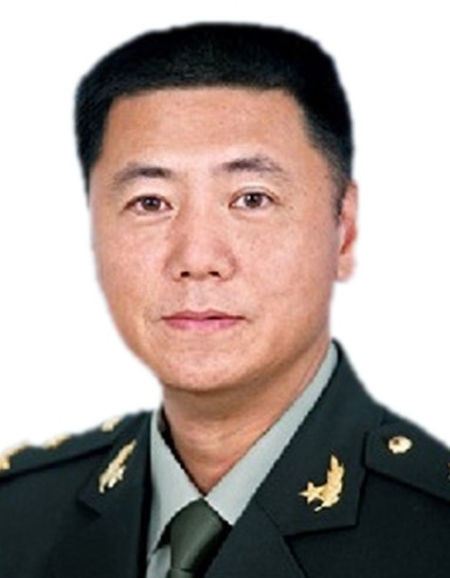China's ongoing military corruption crackdown has claimed another high-ranking official. Admiral Miao Hua, a member of the powerful Central Military Commission (CMC), is under investigation for "serious violations of discipline," a term commonly used as a euphemism for corruption, according to a statement by the Defense Ministry on Thursday.
Miao, 69, served as head of the CMC's Political Work Department, one of the military's most influential offices. His suspension marks the latest in a series of high-profile purges within the People's Liberation Army (PLA), spearheaded by President Xi Jinping. Known as a staunch ally of Xi, Miao's career trajectory intertwined with the president's, particularly during their overlapping tenures in Fujian province in the 1990s and early 2000s.
Defense Ministry spokesperson Wu Qian confirmed the investigation during a press briefing but declined to provide additional details. Wu also dismissed reports that Defense Minister Dong Jun was under a similar probe as "sheer fabrication." He accused the rumors' proponents of harboring "ill-intentioned motives" and said China "expresses strong dissatisfaction with such slanderous behavior."
Miao's suspension follows the removal of several top military officials linked to the PLA Rocket Force, the elite branch overseeing China's nuclear and missile arsenal. Both Miao and Dong are seen as central figures in this highly scrutinized sector, with Dong succeeding Li Shangfu as defense minister in December 2023 after Li was removed under similar corruption allegations.
Analysts suggest that Xi's intensified anti-graft campaign aims to address systemic corruption and discipline issues within the armed forces. Chong Ja Ian, a political science associate professor at the National University of Singapore, noted, this investigation is "in line with Xi's added scrutiny on the armed forces." He emphasized that despite extensive efforts, corruption persists across the military system.
Miao's alleged misconduct adds to the growing list of senior officials purged from the PLA. Li Shangfu and his predecessor Wei Fenghe were expelled from the Communist Party earlier this year, accused of bribery and other disciplinary violations. Observers say these dismissals highlight Xi's determination to ensure the military's loyalty and readiness amid heightened geopolitical tensions.
The PLA's modernization, a centerpiece of Xi's strategy to transform the military into a "world-class fighting force," has been complicated by corruption probes and leadership shake-ups. According to James Char, a China security scholar at Singapore's S. Rajaratnam School of International Studies, the removal of trusted aides like Miao suggests that Xi's anti-corruption drive remains far-reaching. "Clearly, Xi Jinping's trust in yet another of his uniformed subordinates has been misplaced," Char remarked.
The crackdown extends beyond individuals. It also reflects broader concerns about the PLA's ability to sustain combat readiness. Reports from U.S. officials and Bloomberg indicate that endemic corruption within the military-industrial complex could compromise China's operational effectiveness, especially if Beijing seeks to project power regionally.
The Rocket Force, responsible for China's strategic missile capabilities, has been particularly targeted. This summer, several of its senior officers were removed, and its leadership restructured. Notable among these was Sun Jinming, a high-ranking official expelled from the Communist Party in July for corruption.
Despite the turbulence, Xi has vowed to persist with his anti-graft campaign, underscoring its importance to the military's future. "We will see many more investigations into the armed forces," said Alfred Wu, an associate professor at Singapore's Lee Kuan Yew School of Public Policy. "This will not end with Miao Hua or Li Shangfu."
The stakes for the PLA are high. Xi's vision of a modernized military capable of asserting China's territorial claims and protecting its strategic interests hinges on eradicating corruption. However, with more than a dozen high-ranking officials and defense industry executives removed from their posts since last year, the road ahead appears fraught with challenges.





